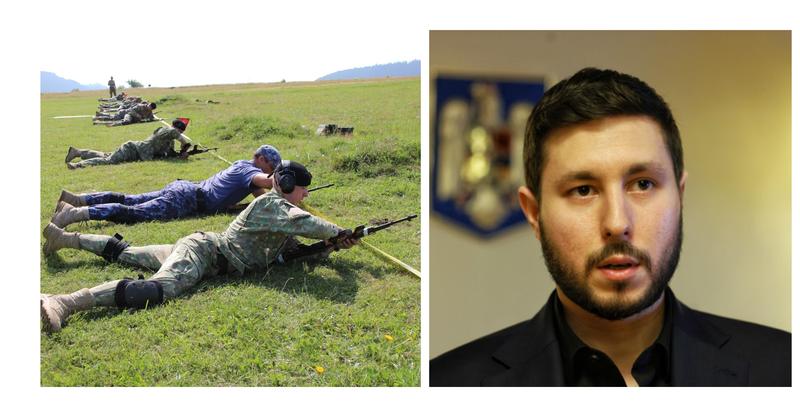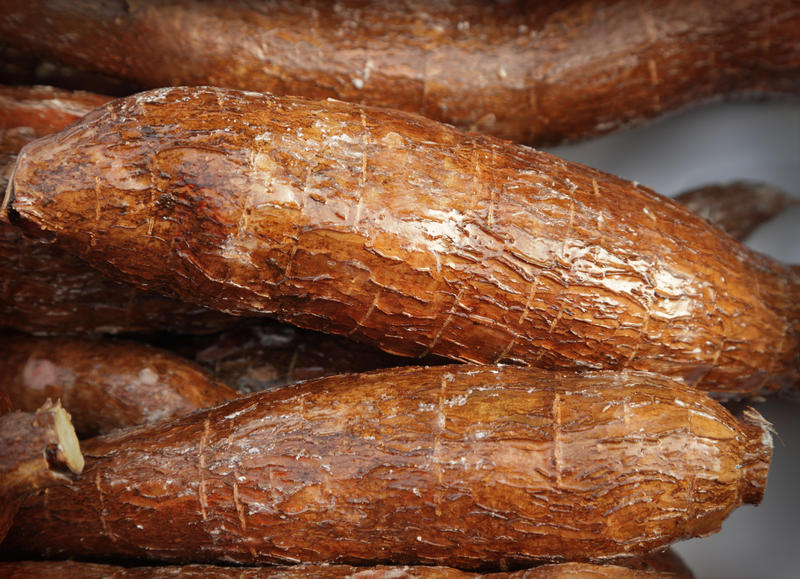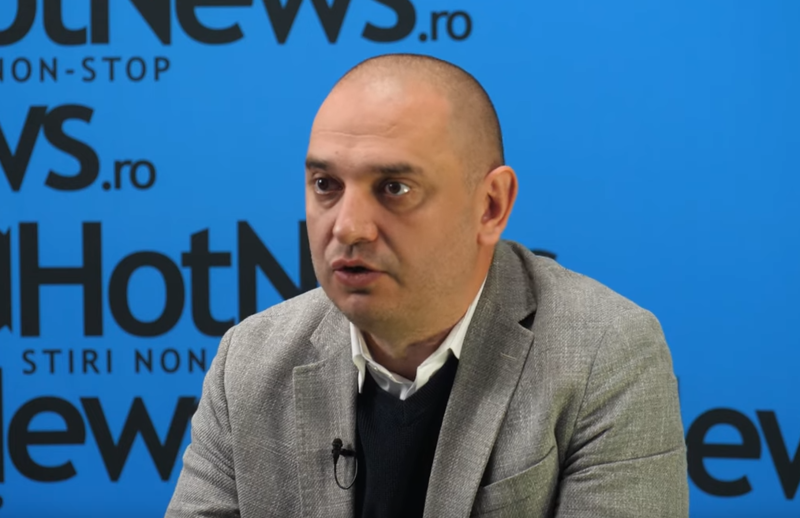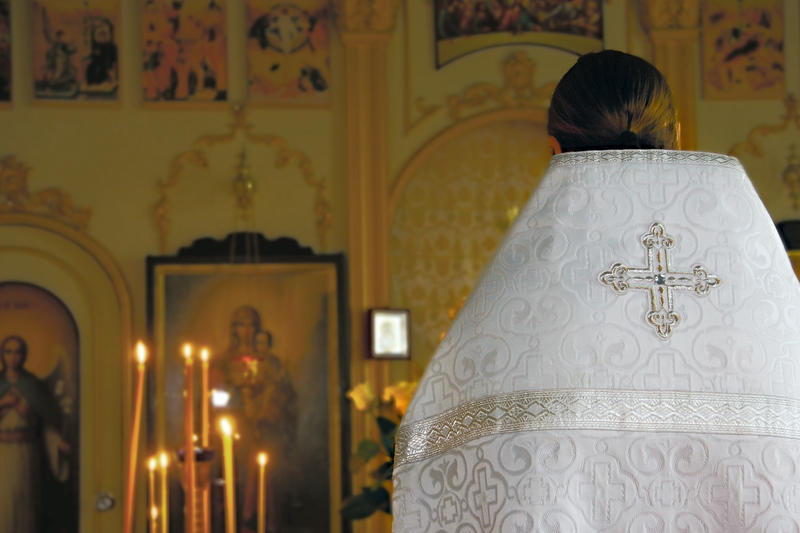Claudiu Saftoiu, head of the Foreign Intelligence Service (SIE), makes the headlines in most newspapers, accused of forcing the over-night construction of a road towards a piece of land he bought.
The usual relaxation before any weekend doesn't leave too much room for other news, so most papers find nothing but to quarrel with all sorts of taxes.
In the Saftoiu case, journalists find out that many public figures bought land in the Soveja area, a place considered as the richest part of Europe in ozone concentrations. The price for the land recently grew 3 to 5 times, mainly because of the infrastructure restoration, Evenimentul Zilei.
Despite the local mayor's statements, Saftoiu says that the administration filed for funds years ago and that he only forwarded a note that should have already been in circulation.
While Romanians enjoy their ozone, the rest of the world battles on carbon dioxide. Bush says the US made more to reduce the CO2 emissions, Europeans say he neglected to impose lower emissions, Bush answers that he preferred to invest in the research and development of new technologies and the scandal never ends. More in Evenimentul Zilei
Americans pollute, that for sure, even in the business environment. The recent scandal on Iraqi funds embezzlements has echoes in Romania, where the FBI wanted Seymour Morris, accomplice of the notorious Philip Bloom, was arrested on Thursday, Gandul reads.
The only similarity between Americans and Romanians seems to be that both nations have a strange urge to spend as much as they can. Bloom saw it, Morris saw it, Romanians saw it in December, when the annual national budget turned from a 2% surplus to 1.7% deficit, due to "end-of-the-year-expenses", Gandul informs.
In the private sector isn't all that easy to spend, though. A neglected ordinance at the end of 2006 forces companies to record and report quarterly all the bills they issue, so that reporting could be checked everywhere in the country, at all times.
Not aware of the ordinance, could soon be accused of tax evasion, Gandul comments.
The existing firms, one may emphasize, since up to one third of the stock companies could be shut next month, after failing to increase their social capital to a minimum of 90,000 RON (some 25,700 euros), Adevarul reads.
Other companies to face problems very soon are the ones involved in wine production, soon to pay significant taxes for a food-control governmental body with the same attributions as many other institutions, same Adevarul reads.
Overwhelmingly informed in the business area, once again Adevarul comes with a piece of news, this time positive one: after imposing both gains and losses on the stock market, the state allows stock dealers to recover the money paid in vain a few months sooner than expected.
In the end, some bad news for the future investments: the myth of low wages in Romania was shattered: workers at the multinational companies don't fear to go on strike, as Michelin employees proved on Thursday. Spontaneous strikes also took place during the past years at Coca-Cola, Raiffeisen, Dacia Renault and Philip Morris, Cotidianul reads.



















